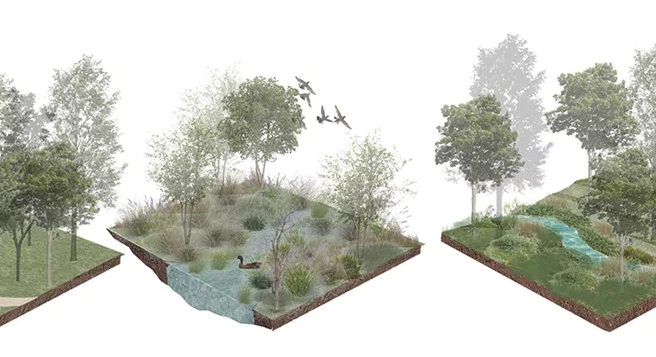Exploring the BSc in Landscape Architecture: A Pathway to Creative Sustainability
Are you intrigued by the beauty of nature and the art of design? A Bachelor of Science in Landscape Architecture offers an exciting journey into the harmonious blend of aesthetics and environmental stewardship. This field is increasingly relevant as we face challenges like urbanization and climate change, making landscape architects vital in designing sustainable outdoor spaces.
The Curriculum: Blending Science and Art
A BSc in Landscape Architecture typically combines elements of design, ecology, and environmental science. Students engage in courses covering topics such as site analysis, landscape ecology, and environmental materials. They also delve into design principles and techniques, allowing them to create spaces that not only look good but also perform well functionally. Hands-on projects and fieldwork enhance learning, helping students build a robust portfolio that showcases their skills to future employers. This balanced curriculum prepares graduates for diverse roles in urban planning, environmental consulting, and more.
Career Opportunities: A Growing Field
Graduates with a degree in Landscape Architecture find themselves in a dynamic job market. The demand for skilled landscape architects is on the rise, owing to increasing awareness of sustainable practices and the importance of green spaces. Career paths range from working with government agencies and non-profit organizations to private firms and freelance opportunities. Many landscape architects specialize in specific sectors, such as sustainable design, historic preservation, or recreational planning. With an eye on both aesthetics and functionality, professionals in this field play a critical role in shaping communities and enhancing the environment.
The Impact of Landscape Architecture: Designing for the Future
Landscape architecture significantly impacts societal well-being and environmental health. By creating thoughtful designs, landscape architects contribute to improving air quality, reducing urban heat, and enhancing biodiversity. They also design spaces that encourage social interaction and foster community engagement, such as parks, gardens, and greenways. As cities grow and climate challenges become more pronounced, the role of landscape architects will be pivotal in developing resilient, sustainable environments where people can thrive.
In conclusion, pursuing a Bachelor of Science in Landscape Architecture is a rewarding choice for those passionate about design and the environment. This degree opens doors to various career opportunities, all while allowing graduates to contribute positively to society and the planet. If you’re ready to embark on this fulfilling journey, consider exploring programs and resources available in your area. Your future in landscape architecture awaits!

